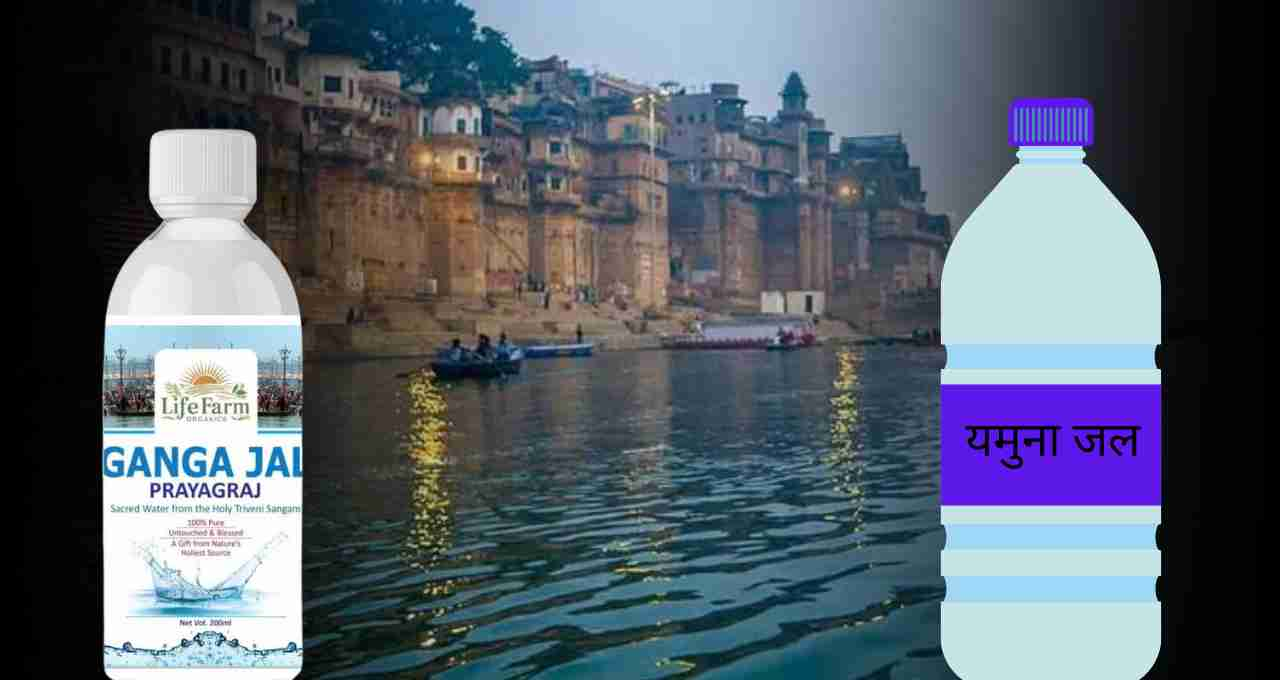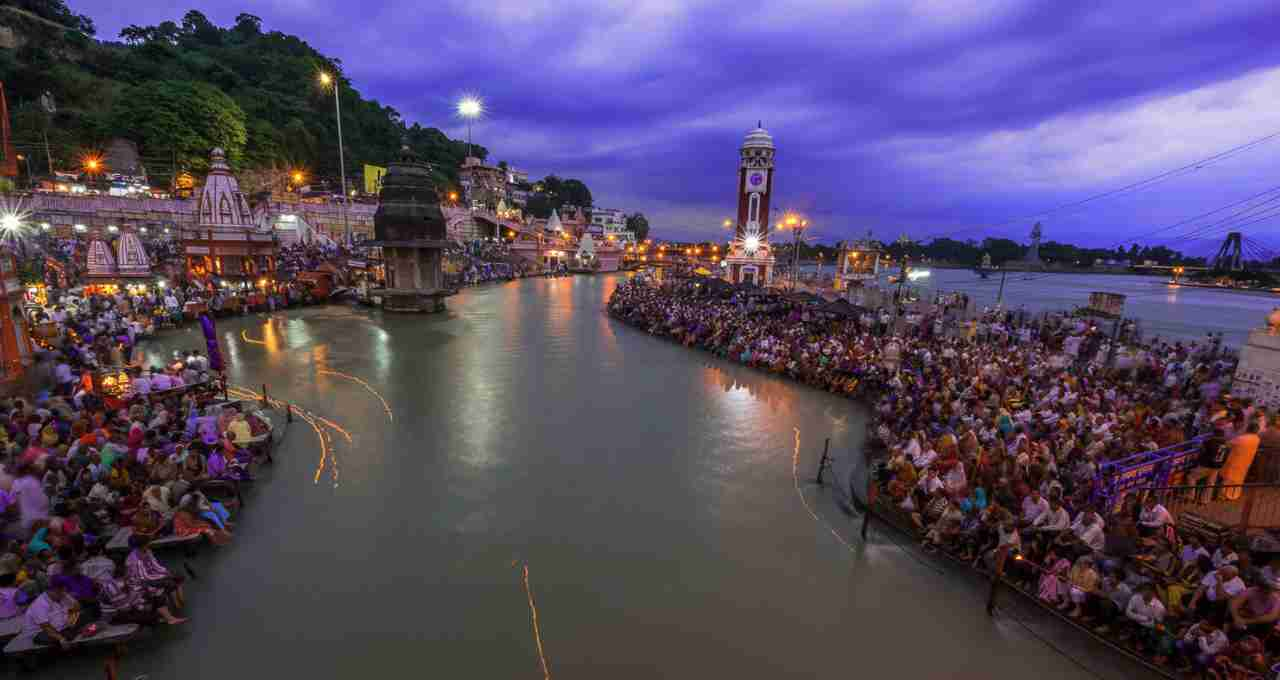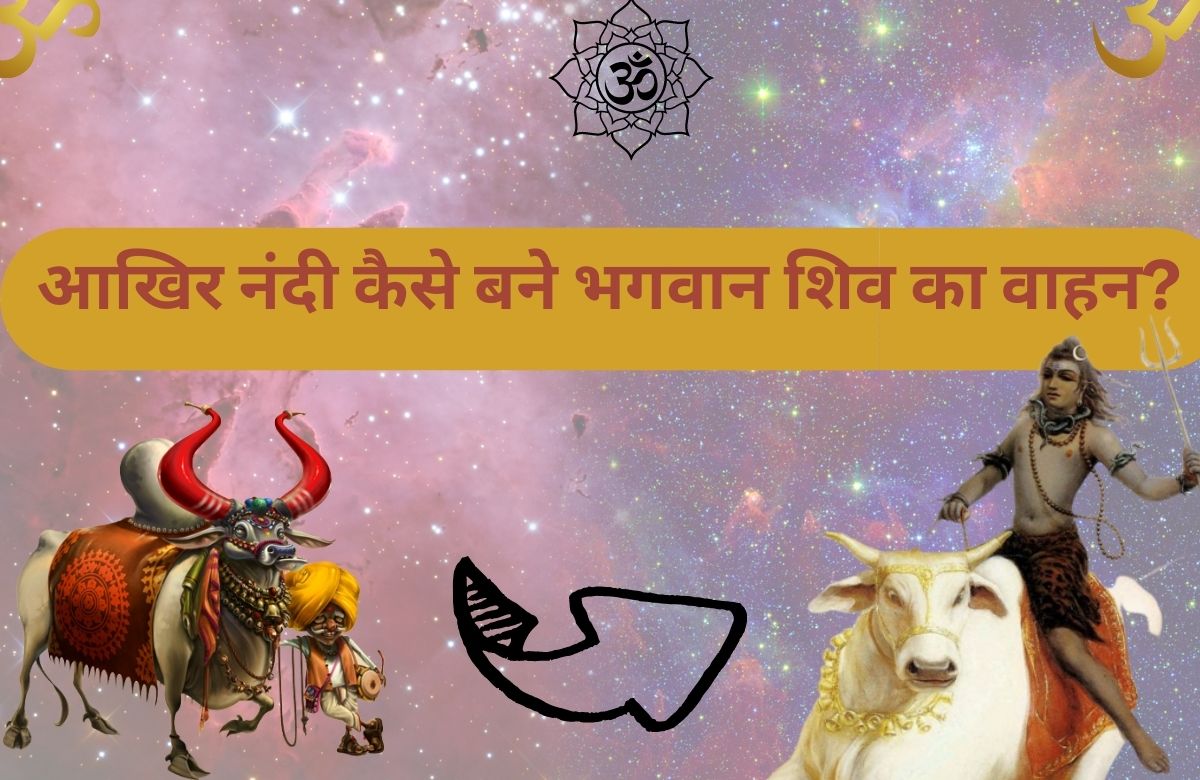In Hinduism, both the Ganga and Yamuna rivers are considered extremely sacred and revered. There is a tradition of keeping Ganga water at home, using it in worship, and for everyday use, but this is not the case with Yamuna water. People do bathe in the Yamuna River and use it for offerings or fasts, but keeping Yamuna water stored at home is considered forbidden. Behind this belief lie religious, mythological, and spiritual reasons that are still deeply rooted in the public consciousness.
The Connection Between Yamuna Water and Yamraj
According to ancient texts, Yamuna Devi is the daughter of Surya Dev (the Sun God) and the sister of Yamraj (the God of Death). This is why Yamunaji is also called 'Yamduhi'. On the day of Bhai Dooj, Yamraj visits his sister Yamuna's house and blesses her, saying that any brother who bathes in the Yamuna water on this day will not have an untimely death.
This also indicates that Yamuna water is related to death and the realm of Yama. This is why people refrain from keeping it at home. It is religiously believed that keeping Yamuna water at home makes the home's atmosphere unstable and attracts negative energy.
Difference Between Ganga Water and Yamuna Water

While Ganga water is considered equivalent to nectar, Yamuna water is said to be limited to special occasions only. Keeping Ganga water at home increases the flow of positive energy, while keeping Yamuna water at home can lead to mental unrest, poverty, and the possibility of diseases.
In the scriptures, Ganga is described as the giver of salvation, and Yamuna as the destroyer of sins, but both are considered to have different natures. Ganga water is included in the daily routine, while Yamuna water is limited to rituals and religious ceremonies.
Mention in Garuda Purana and Padma Purana
The Garuda Purana clearly states that the water of Yamuna is extremely powerful and should only be used for pilgrimage baths or atonement deeds. Similarly, the Padma Purana also mentions that keeping Yamuna water at home attracts the powers of Yamaloka (the realm of Yama), which can affect the atmosphere of the home.
This water has been described as suitable for immediate use only. It is not considered auspicious to keep it in the house for a long time. Ancient sages and scholars have also clarified that the energy of Yamuna water is very b, which can disrupt the normal energy system of the house.
Yamuna Water is Also Prohibited in Vastu Shastra
In Vastu Shastra, Yamuna water is described as unsuitable for keeping at home. According to Vastu, Yamuna water indicates blackness, instability, and unexpected changes. This can increase mental stress, instability, and poverty in the house.
In contrast, Ganga water is considered a symbol of purity and balance. Vastu also states that things related to Yama or death should not be kept permanently in the house. Yamuna water falls into this category.
Beliefs in Folk Traditions and Rural Culture

Even today, this belief is prevalent in rural India that Yamuna water should only be used in fasts, festivals, Shradh (ancestral rites), and pilgrimages. People there return after bathing in the Yamuna, but do not bring the water home. It is believed that this can cause discord, disease, and accidental events in the house.
In some places, it is also customary that Yamuna water is brought only when a special offering or ritual for the peace of the deceased soul is performed. This makes it clear that Yamuna water is not considered an object of easy use in folk tradition either.
Purity and Power of Yamuna Water
Yamuna water is considered as pure as it is intensely energetic. This is the reason why it is said to be used only for a limited time and for a specific purpose. This water destroys sins, but controlling its power is not considered within the reach of the common man.
The Secret is Hidden in Religious Texts
The scriptures have indicated many times that Yamuna water should only be used on occasions of pilgrimage, bathing, and Shradh. It cannot be compared to Ganga water because both have different religious uses.















